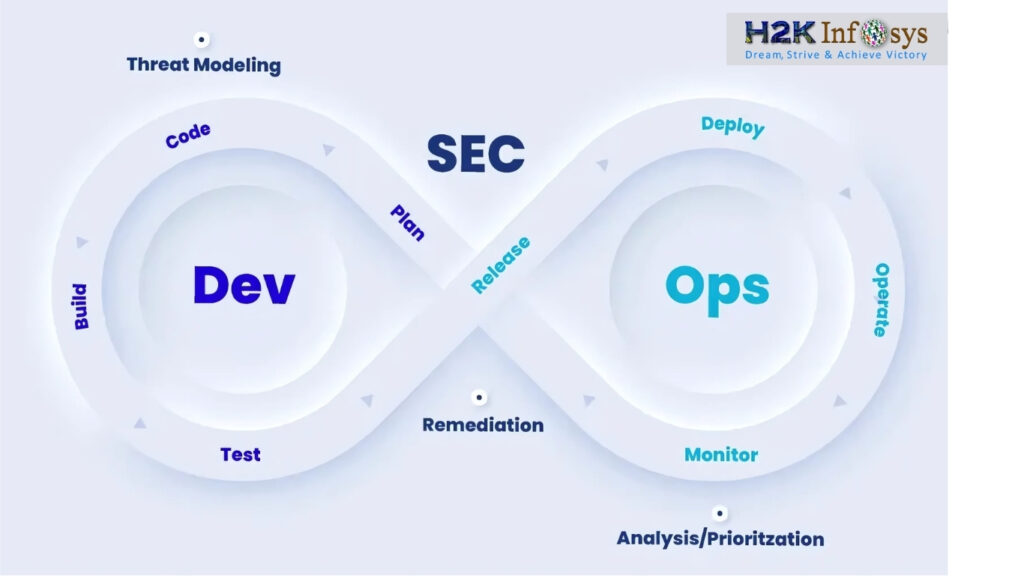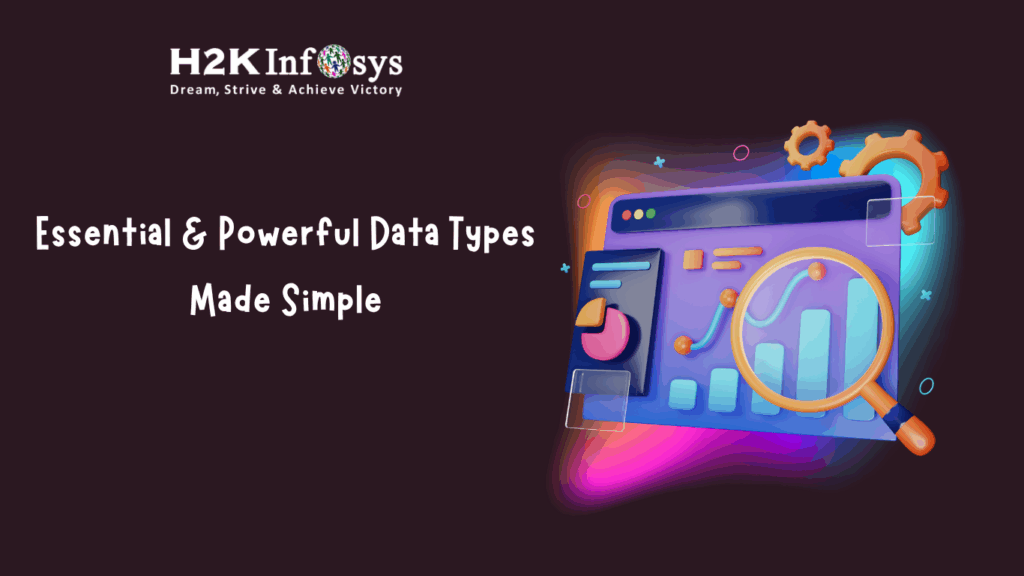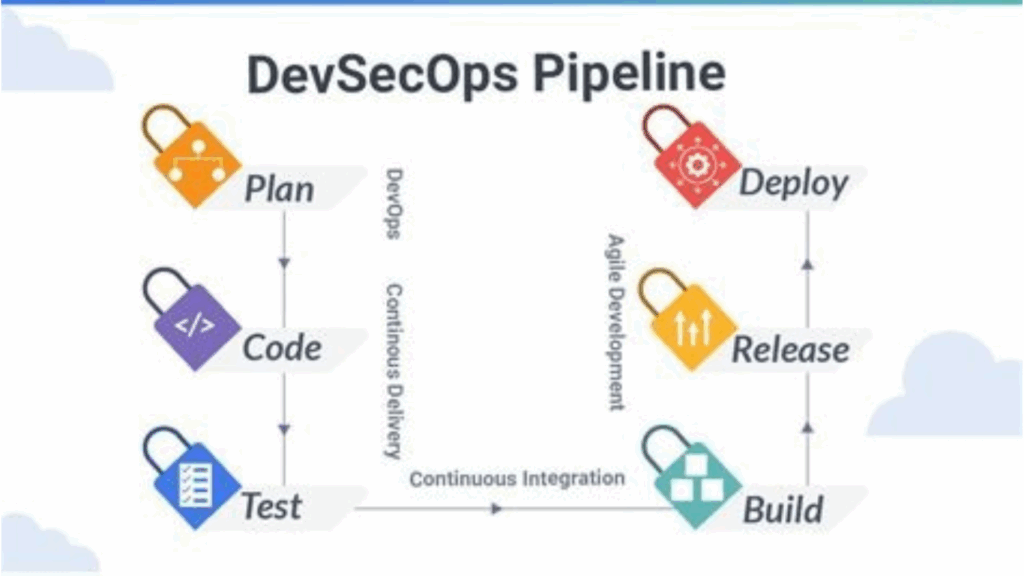Introduction: The Digital Age Demands Smarter Customer Portals
In today’s fast-paced digital marketplace, customer expectations are at an all-time high. Businesses are under pressure to provide seamless, personalized, and real-time support. This is where the Salesforce Customer Portal emerges as a game-changer. It empowers companies to enhance service delivery, improve customer satisfaction, and streamline communication all through a centralized, secure, and user-friendly interface.
For students enrolled in a Salesforce course online or professionals undergoing salesforce administrator training and placement, mastering the Salesforce Customer Portal is not just an advantage; it’s essential.
What is the Salesforce Customer Portal?

The Salesforce Customer Portal is a web-based platform that allows organizations to extend the power of Salesforce CRM to their customers. It enables users to:
- Access support resources
- View and update their data
- Submit service requests or cases
- Monitor the status of their inquiries in real-time
This self-service approach reduces dependency on customer service agents and increases efficiency.
Key Features of the Salesforce Customer Portal
1. Self-Service Capabilities
Customers can log in securely to view order histories, open cases, check knowledge bases, and interact with forums all without agent intervention.
2. Personalized Dashboards
Each user gets a customized interface displaying relevant data, updates, and services tailored to their needs.
3. Case Management
Customers can create, track, and update support cases. This functionality ties directly into your service team’s Salesforce dashboard.
4. Knowledge Base Integration
The portal integrates with Salesforce Knowledge, allowing customers to search for solutions, FAQs, and instructional guides.
5. Community and Collaboration Tools
The platform supports discussion forums, user groups, and chat options to build a community around your brand.
6. Mobile Compatibility
Optimized for mobile devices, users can access the Salesforce Customer Portal from anywhere.
How the Salesforce Customer Portal Benefits Organizations
The Salesforce Customer Portal isn’t just a tool it’s a strategic asset. Below are some of the real-world benefits:
1. Improved Customer Satisfaction
With 24/7 access to account details, self-service tools, and real-time updates, customers feel empowered and valued.
2. Reduced Support Costs
By diverting routine queries to the portal, support teams can focus on more complex cases, saving time and operational costs.
3. Faster Resolution Time
Integrated workflows ensure that support tickets are automatically routed and prioritized, leading to faster resolution.
4. Enhanced Data Accuracy
Allowing customers to update their own data reduces errors and improves the overall quality of your CRM database.
5. Scalability and Flexibility
Whether you’re a small startup or a global enterprise, the Salesforce Customer Portal can scale to meet growing demands.
Real-World Use Cases
Case Study 1: E-commerce Company
An online retailer integrated the Salesforce Customer Portal to manage post-purchase customer interactions. Customers could track shipments, initiate returns, and download invoices, reducing email support volume by 40%.
Case Study 2: Financial Services
A bank implemented the portal to allow customers to submit loan applications and track their status. This led to a 30% reduction in customer walk-ins.
Case Study 3: Healthcare Provider
A healthcare system used the Salesforce Customer Portal for appointment scheduling, billing inquiries, and secure message exchange streamlining operations and boosting patient satisfaction scores.
How to Implement the Salesforce Customer Portal
Step 1: Define Goals and Metrics
Start by identifying what you want to achieve be it cost reduction, improved service levels, or enhanced user engagement.
Step 2: Choose the Right Salesforce Edition
The portal is available in Enterprise, Performance, Unlimited, and Developer editions. Choose one based on your organization’s size and needs.
Step 3: Customize the Portal
Use the Experience Cloud to:
- Create branded login pages
- Define user roles and permissions
- Add dashboards and widgets
Step 4: Integrate with CRM Modules
Connect the portal to Service Cloud, Knowledge Base, and any custom Salesforce objects for a seamless experience.
Step 5: Test and Launch
Before rolling out, conduct user acceptance testing (UAT) to identify and fix issues. Post-launch, gather feedback for continuous improvement.
Skills You Need to Manage the Salesforce Customer Portal
For aspiring administrators and those taking Salesforce admin certification classes, these are the must-have skills:
- Salesforce Object and Data Model Knowledge
- User Management and Security Settings
- Experience Cloud Configuration
- Workflow and Automation Rules
- Reporting and Dashboard Creation
These skills are often part of H2KInfosys’ salesforce training and placement programs.
Hands-On Exercise: Creating a Basic Customer Portal
Here’s a simplified walkthrough for setting up your first Salesforce Customer Portal:
- Go to Setup in Salesforce.
- Search for “Digital Experiences.”
- Click on “All Sites” and then “New.”
- Choose a template (e.g., Customer Service).
- Name your site and define the URL.
- Customize the layout, add components like case creation, knowledge base, and contact forms.
- Set permissions for guest and registered users.
- Publish your site.
This practical activity is often taught in a salesforce course online to help learners gain real-world skills.
Common Mistakes to Avoid
- Over-customizing the Portal: Start with essential features to avoid overwhelming users.
- Ignoring Mobile Users: Always test for mobile responsiveness.
- Lack of Training: Provide training for both internal staff and end-users.
- Data Security Oversights: Ensure proper access controls are in place.
The Future of the Salesforce Customer Portal
With AI integrations and predictive analytics becoming mainstream, the Salesforce Customer Portal is evolving to offer:
- AI-powered chatbots
- Predictive service recommendations
- Advanced data visualizations
- Deeper CRM integration
For those undergoing salesforce administrator training and placement, staying updated on these advancements is crucial.
Conclusion:
The Salesforce Customer Portal is not just a tool; it’s a strategic asset that revolutionizes customer engagement. Whether you’re a business looking to enhance your service delivery or a professional seeking a rewarding career, mastering this portal is key.
Enroll in H2KInfosys’ salesforce admin class today and gain the hands-on skills to configure, manage, and optimize the Salesforce Customer Portal for real-world success.
Key Takeaways
- The Salesforce Customer Portal enables self-service, improves efficiency, and enhances user experience.
- Real-world applications span e-commerce, healthcare, and financial services.
- Skills in Experience Cloud, user management, and CRM integration are essential.
- H2KInfosys offers comprehensive salesforce training certification to help you master these skills.
Take control of your Salesforce journey. Join H2KInfosys’ training program today and start building smarter customer experiences tomorrow!






























2 Responses